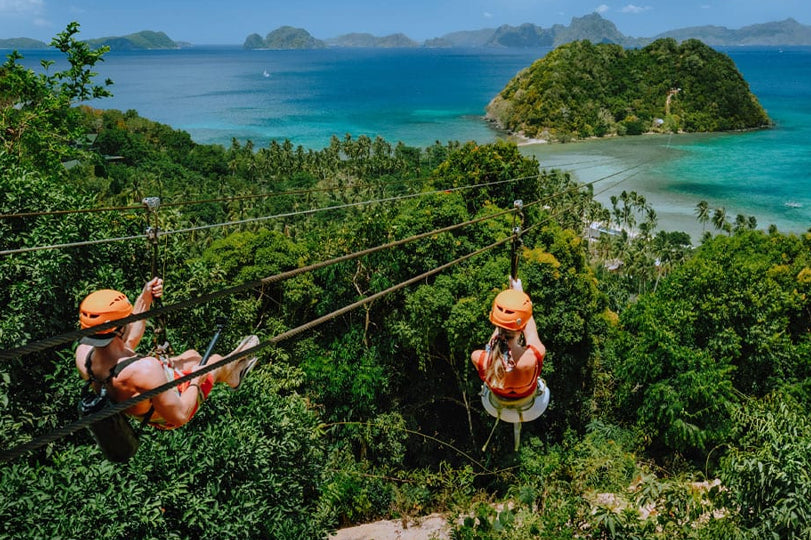How and why is this sector of the travel industry different … what does it mean? The prefix ‘eco’ has been bandied around so much in recent years and applied to everything, so how do you find a real ‘eco holiday’?
Firstly, if it’s a large scale package holiday with a major travel agent … it’s highly unlikely to be ecotourism. Whilst large scale tourism does involve the exchange of huge amounts of money, it is estimated that less than 5% of that reaches local small scale economies of that region.
The travel involved should be responsible and consist of as much public or shared transport as possible. Trains, buses, trams, ferries, shared vehicles, walking, or cycling are all encouraged by genuine ecotourism providers. Cruise ships and air travel are obviously discouraged, although for long haul destinations, flights are perhaps unavoidable.
There should be some aspect of education, learning or cultural enrichment involved in the holiday. This could be finding out about the unique ecosystem of the place you visit, meeting local people and learning their stories and histories. Respect is a two way street, and a cultural exchange will also ensure a unique and memorable holiday for the holiday maker.
Involvement of local economies. A true ecotravel agent will be concerned that local people and businesses are involved in some way, and directly benefit from, the tourism. That could take the shape of many resources: accommodation, help with transport, food, heritage, and guides, personnel etc. This not only boost and supports the region’s infrastructure and allows local people more control over their area, but the engagement frames the experience as positive and welcome on both sides.
Small scale ventures. To protect delicate ecosystems from the downsides of mass travel, an environmentally conscious travel company will restrict numbers in certain areas, working in conjunction with the local authorities. A genuine ecotourism holiday will not have an adverse effect on the area, but instead will bring benefits in terms of income and an encouragement to manage the area for a future of sustainable tourism.











